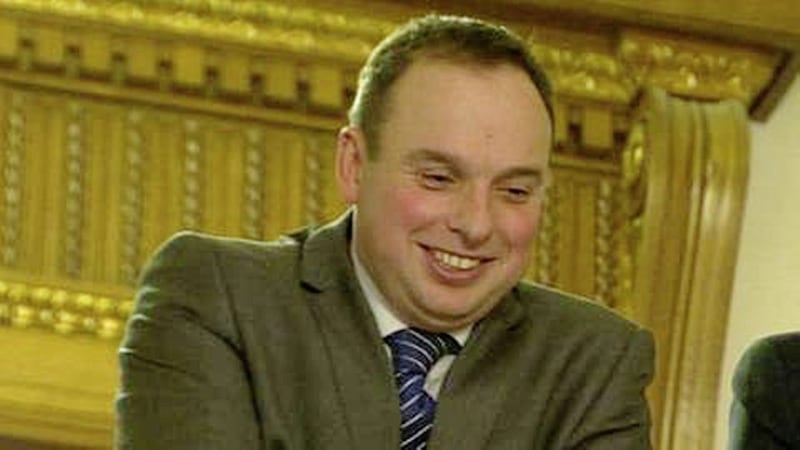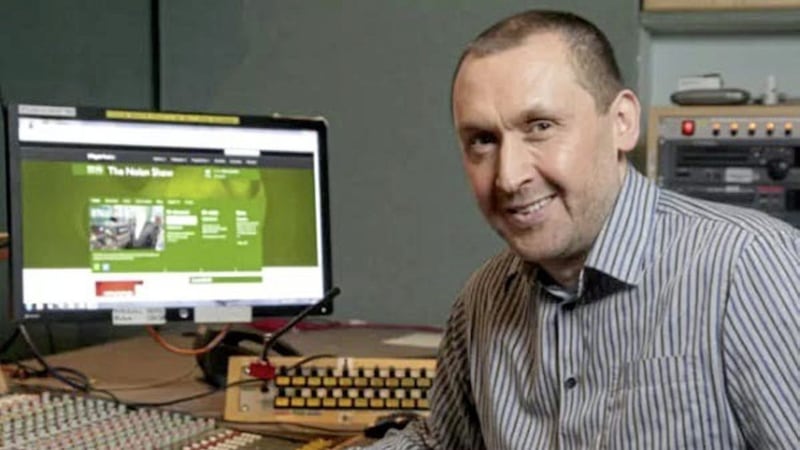Journalist-turned-spin doctor David Gordon sent a text to a senior civil servant to telling him that he may have been defamed by radio presenter Stephen Nolan.
Mr Gordon quit as producer of the Nolan Show in September 2016 to take up a post as press secretary at the Office of the First Minister and Deputy First Minister.
Weeks later on December 19, at the height of public outcry over RHI, the former BBC producer sent a text to the then Department for the Economy permanent secretary Andrew McCormick after his name was mentioned during Nolan's morning radio show.
The text read: "Nolan may have just libelled you there. Said you were speaking on behalf of the DUP."
A transcript of the text is among a tranche of documentary evidence released by the RHI inquiry on Tuesday.

Elsewhere in the documents, an email shows DUP special adviser Andrew Crawford was aware that the cash for ash scheme paid farmers to heat empty sheds months before its lucrative subsidies were curbed.
An email sent on July 31 2015 to fellow DUP spad Tim Cairns about potential cost controls for the botched scheme makes reference to the production cycle of the Moy Park poultry suppliers who made up around half the RHI claimants.
"The current problem is that it pays producers to heat houses when their houses are empty as the rates are attractive and some use boilers for more than 6000 hours per annum," Mr Crawford writes.
The inquiry heard last year that in July 2015 Mr Crawford had predicted a “massive spike in applications” before cost controls were imposed.
The spike duly happened ahead of cost controls being introduced – after a delay – in November 2015.








